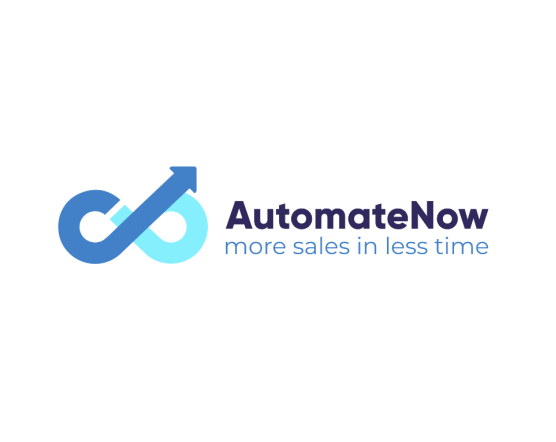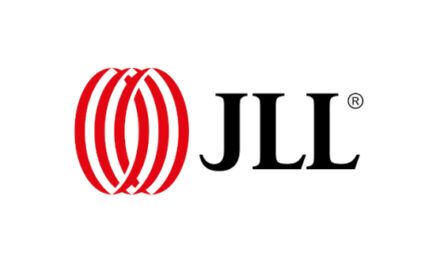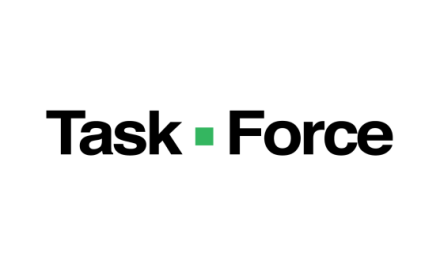
By Bartłomiej Kowalczyk, director of AutomateNow

In the fast-paced landscape of modern business, sales remain a timeless practice, focused on one core objective – closing deals and fuelling business growth. However, the methods to achieve this goal have evolved with the integration of automation and AI. There is a delicate balance between embracing automation while preserving the invaluable human connection in sales. We’ll explore how the strategic use of Customer Relationship Management (CRM) systems and AI tools can optimise sales processes without sacrificing the personalised touch.
Sales digitisation is all about data
Sales digitisation is more than just a trend; it’s a necessity driven by the era of data-driven decision-making. At the heart of this transformation lies data, and the ability to capture, analyse, and utilise it effectively. Establishing a solid foundation is crucial, and that’s where CRM systems come into play. These systems serve as the central repository for all customer interactions, enabling businesses to gain comprehensive insights into customer behaviour, preferences, and purchase patterns.
CRM System: The first step to digitising your sales
The transition to a digitised sales process begins with the adoption of a robust CRM system. A well-implemented CRM provides a unified platform for managing customer information, enabling businesses to monitor interactions, track communication history, and analyse sales pipelines. By leveraging a CRM such as HubSpot, sales teams gain a panoramic view of each prospect’s journey, allowing them to tailor their approach and responses more effectively.
Sales activities powered by AI
AI has revolutionised how sales activities are conducted. The integration of AI-driven tools enhances efficiency and precision. Predictive analytics and machine learning algorithms analyse historical data to anticipate customer behaviours, enabling sales teams to make informed decisions. AI can also personalise communication by suggesting the most effective outreach channels, messaging styles, and timing for each prospect.
Unifying sales principles across cultures
While sales methods may vary across cultures, the fundamental principles remain universal. Irrespective of geographical boundaries, the ultimate objective remains unchanged – to close deals and contribute to the company’s bottom line. The infusion of automation and AI enhances these principles by allowing businesses to engage customers on a more personal level, understanding their unique needs, and delivering tailored solutions.
The role of AI in B2B sales
In the realm of B2B sales, success hinges on a deep understanding of customer behaviours and preferences. AI-driven solutions excel in automating processes and providing data-driven insights, allowing sales teams to allocate their efforts more strategically. From lead scoring to predictive analytics, AI aids in identifying the most promising opportunities and streamlining sales cycles.
Harnessing CRM for smart automation
The linchpin of successful automation and AI integration lies in a robust CRM system. CRM platforms aggregate data from various touchpoints, facilitating a holistic understanding of each prospect’s journey. By utilising AI-driven analysis, businesses can identify prospects with higher buying intent, enabling sales teams to focus their efforts where they’re most likely to yield results.
AI-enhanced data analysis
AI-driven analysis extends beyond basic data crunching. It assesses the frequency of prospect visits, the timing of sales rep communications, and even the behavioural patterns of each party involved. Account-Based Marketing (ABM) leverages this data to tailor marketing automation strategies that resonate with specific buyer roles and stages. It’s worthwhile to explore tools like Chatspot, which integrates directly with HubSpot and can analyse data with a single command.
Below: an example of data commands in Chatspot.

Al – powered messaging and content creation
In the intricate dance of B2B sales, effective communication is paramount. For non-native English speakers, AI becomes a valuable ally, helping craft impactful messages and generating follow-up content in English. AI can provide inspiration and suggestions, ensuring sales reps approach potential clients with confidence.
AI-driven buyer journey
AI’s role in the B2B buyer journey is pivotal. Automation empowered by AI assigns scores to contacts and deals based on CRM data. This allows sales teams to prioritise efforts and allocate resources efficiently, focusing on leads that exhibit a higher likelihood of conversion.

Example of Buyer Journey in HubSpot.
The harmonious blend: human and AI collaboration
The amalgamation of AI and human expertise creates a powerful synergy in sales. While AI augments the sales process with data insights and automation, the human touch remains irreplaceable. Skilled sales representatives enriched with AI-driven data excel in driving meaningful conversations, understanding nuanced buyer needs, and ultimately closing deals.
The marriage of automation, AI, and human interaction is shaping the future of sales. By leveraging CRM systems and AI tools, businesses can optimise their sales strategies while preserving the authenticity of human connections. As the business landscape continues to evolve, this harmonious blend will redefine how sales professionals approach their craft.
About the author:
Bartłomiej Kowalczyk is the director of AutomateNow, a Platinum HubSpot Partner. With extensive experience in UK and US markets, he empowers growing businesses in Poland, UK and the US to leverage technology, automation, and AI for enhanced sales strategies and business growth. Book a call with Bartłomiej and connect on Linkedin.
























